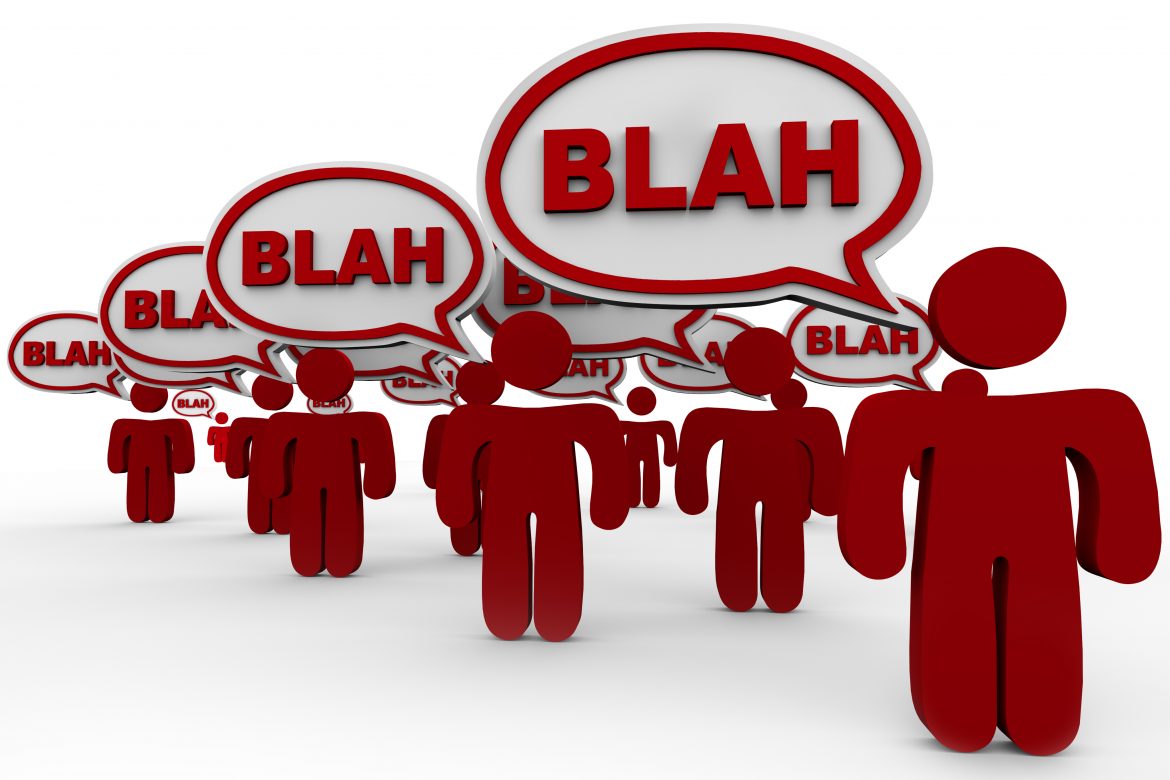I don’t care who you believe in the whole Kavenaugh and Blasey Ford situation. You’re entitled to your interpretation of the facts and your opinion of the various parties and the motives, and I’m entitled to mine. I’ve done forensic psychology long enough to have seen every side of cases like this. In the vast majority, the accuser is telling the truth because really, why would someone make up such things? In a small number of cases, the accuser is mistaken, and in an even tinier number, the accuser is lying for some form of secondary gain. But the idea that there is anything close to a one-to-one ratio of sexual misconduct and false allegations is inaccurate to the point of absurdity. In reality, a whole lot of sexually assaultive behavior is left unreported for reasons that should be pretty obvious right now. There are far more allegations that are true and hidden than there are allegations that are made without factual basis.
Recently, on Joel Becker’s show on KLWN, we discussed this issue. I’ve included the clip at the end of this post. I think it’s safe to say that as most of us look back at our teen years, we’re not very impressed with our conduct. We acted in the throes of youth in ways we are not proud of and we are quite often in need of forgiveness. The entire dynamic around sexuality in my generation (which is the generation of Kavenaugh and Blasey Ford) was that young men were expected to beg, promise, cajole, demand, beg more, feign love, and a host of other bad behaviors in pursuit of young women. Young women were expected to avoid being called terrible names like “slut” by refusing sexual advances repeatedly until they presumably gave in. As Peggy Orenstein notes in her book Girls and Sex alcohol played into this dynamic by allowing girls to make acceptable through inebriation, behavior they would not express while sober.
I am definitely not saying that’s what happened in Blasey Ford’s account. She says she was quite sober and clearly saying “no.” But this larger dynamic of pursuit and capture (I hate even writing that phrase) was a terrible approach to sexual interplay that laid the foundation for the kinds of incident she describes, where consent isn’t respected and what there is of it easily becomes lost in drunkenness. Such incidents were and still are numerous on any given night in Lawrence and every community across America. I’ve heard the same story Blasey Ford tells hundreds of times. Our forth coming book series Consent-Based Sex Education addresses these and about 500 other issues related to teen and YA sexuality with consistent emphasis on consent–which is a lot more than “no means no” or even “yes means yes.”
As I discuss at the end of this segment, the most horrifying aspect of this situation came after it was all over–the supposition that men are now at terrible risk from predatory women bent on destroying their careers by making false allegations. Whatever you believe about the Kavenaugh case, go on believing it. In this polarized America, there’s no chance of changing your mind if it’s already made up. But please reconsider this idea that the #MeToo movement is, on the whole, a conspiracy of lying women against good and decent men. The reality is that women do not feel safe in our society because they are not safe. Of course “not all men” are out to sexually assault women. But the larger issue of misogyny is a real one, and if that isn’t already apparent in the aftermath of the Kavenaugh hearings, I don’t know how it could ever be more so.
